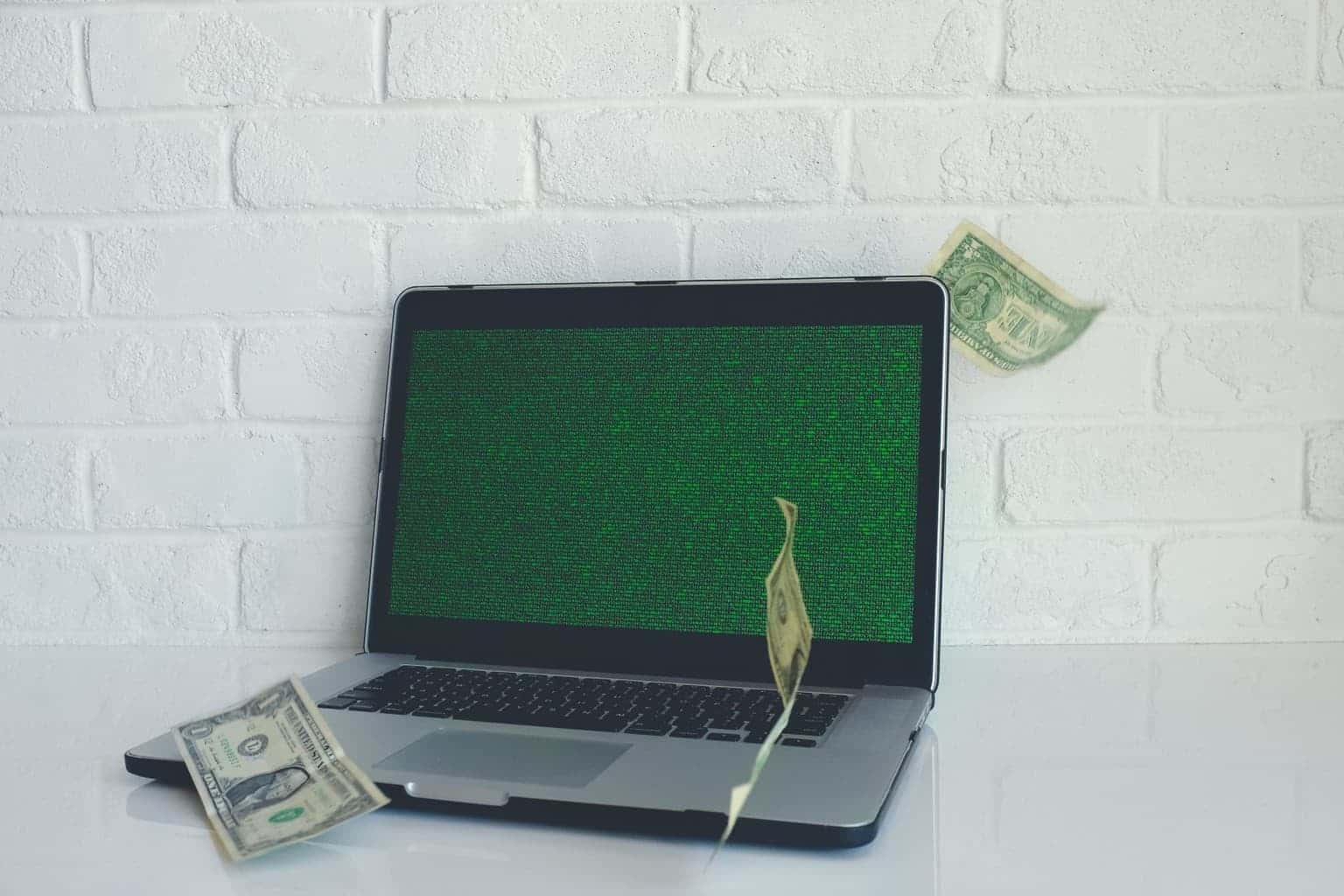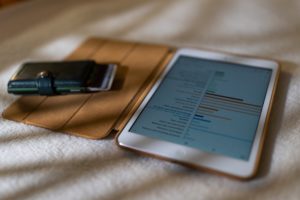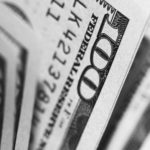For years “free checking accounts” have been a feature of banks all over the country. As the old saying goes, “there’s no such thing as a free lunch,” so what exactly do these banks mean when they advertise free checking accounts? Claes Bell writes for Bankrate that a free checking account usually means that there isn’t a fee assessed each month. But when we look further into free checking accounts, there are several things to know.
Are Free Checking Accounts Free?
Unclear Disclosures
The fine print on just about all contracts is challenging to understand for consumers. In the world of banking, it may be even more difficult to understand. Bell with Bankrate writes that the disclosure forms (also known as the ‘fine print’) are about 44 pages long on average. Make sure you weed through them and get to the bottom of what’s in them. Because hidden fees are frequently plugged into the disclosures section, asking about any fees is crucial. Looking for a banking institution that is more transparent with customers should be a top priority for potential customers.
Check for Minimum Balances
One way a bank can assess a fee is if the balance in the account falls below a certain level. Looking around the fine print for this and asking specifically about this is important. There are still banks that offer free checking accounts with no minimum balance and no monthly fees, but they are becoming rarer. While you may envision never allowing your balance to fall below a certain level, you never know what life will bring. Identity theft and unforeseen emergency expenses can take their toll on your checking account. It is definitely worth your time to research and find a checking account that does not require a minimum balance.
The Dreaded Overdraft Fee
Free checking doesn’t mean that everything is free. If your account is over-drafted, get ready to pay out the nose! According to Julia Chang with Forbes, Americans paid out $34 billion in overdraft fees in 2017. Every transaction that is over the amount of money in your account is subject to an overdraft fee. Imagine being unaware of your negative balance and putting a four-dollar cup of coffee on your debit card. That four dollars could now cost you thirty or even forty dollars because of overdraft fees. Just remember that a free checking account doesn’t mean free overdraft protection.
How to Find The Best Free Checking Accounts
According to Justin Pritchard with The Balance, there are still several places where you’ll be able to find a truly free checking account. The following are a few of the places to look.
- Credit unions
- Smaller banks
- Online banks
These institutions offer the best options for free checking accounts, but it is still important to be cautious. While the account and normal use may be free, several additional services are provided by the bank that will still assess a fee. Customer service can help answer any questions, but the most important thing is asking them. Before you do anything with your bank, ask about any potential fee.
The New Wave of Online Banks
Online banks don’t have the overhead of other banking institutions, and as such, they can offer better terms. They frequently offer free checking and so much more. You can even get paid a higher interest rate on certain accounts, sometimes even checking accounts. As the world moves more toward doing things solely on the internet, why wouldn’t banking move in that direction as well? If you’re looking for the most bang for your buck and you are open to the idea of an online bank, that may be the best option for free checking and some other incentives.
Know What You’re Getting
New customers typically come through the door to get a checking account. Because small banks want to capture as much local business as possible, they will frequently offer a free checking option to bring in new customers. When a customer opens a free checking account, they become a customer. They are more likely to use the bank for other services such as loans, certificates of deposit, and other financial transactions. When you open free checking accounts, you need to understand that the bank will often not pay you any interest in your money. If this is important to you, make sure you ask if it is an interest-bearing account when you make your application. Above all else, though, make sure that you read the fine print and ask many questions about fees, including fees for falling below a minimum balance. Understanding the fine print and doing your research can help you to find the best free checking options for your needs.







